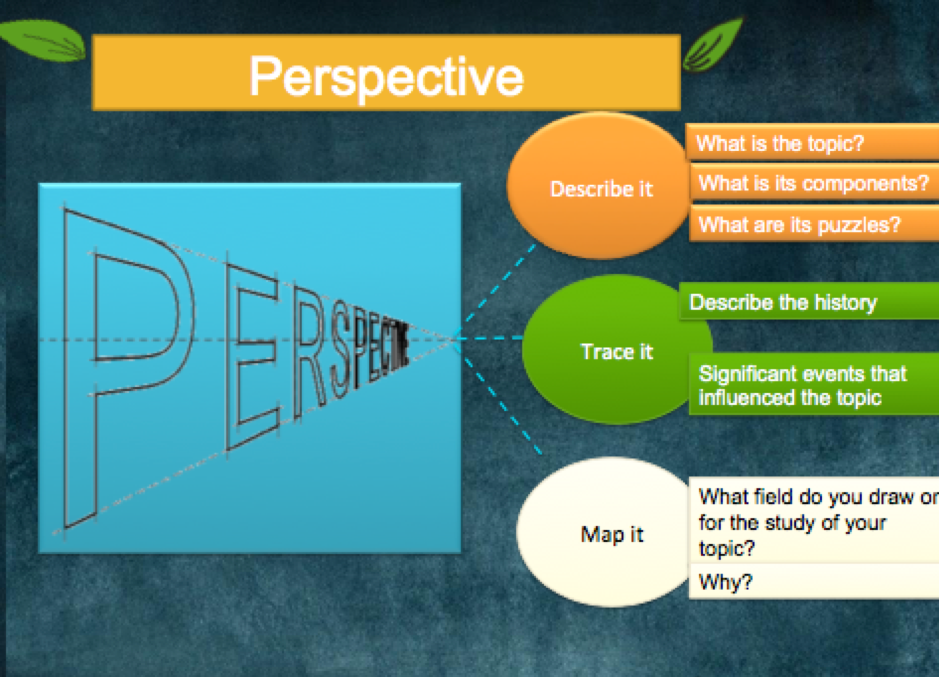
My dearest students
Sometimes when we are manuevaring through the deep, thick and thin of things of our work-life challenges, it is easy to miss the big picture of the human suffering visited by Covid-19. The past eight months in South Africa we witnessed difficult and unforgetable Covid-19 times. So much changed in institutions, at work, and at home. These changes have created personal dynamics, frustration and sometimes anger. One way of dealing with difficult times is inner reflection and getting in touch with the higher self – the inner knowing that is neither time nor space bound. I find that the pain of change or changing circumstances is bearable when I go inwardly. I found that a total reliance on others for validation opens a bottomless pit that no amount of external validation can fill. This does not mean one does not need validation from those that love us unconditionally. Unconditional love, in any case, begets more of the same.
With all life and work challenges, that you, my dear student, have to mannevare through, you have an additional challenge to make sense of literature. You have to problematise your topic to create a path for your research project. To introduce the topic of problematising, theorising and writing up a literature review I offer you the following words:
Feel the pain of discipline to find and read literature;
And endure the pain;
face the realities of solitude,
as you evolve towards the strongest, wisest you -
the most authentic you.
You will not get there without the scars of criticism from others.
View the scars as the birthmarks and landmarks of resilience
Gain the ultimate authority and power –
the power that rests with your own
logical reasoning; and critical analysis –
the very source of your personal power.
A substantial amount of work goes into problematising a topic before the actual writing of the literature review takes place. To problematise a topic is to gain a deeper perspective of the topic by understanding the historical roots, the components, the puzzles, and the significant events that influenced the topic. To write persuasively, convincingly and authentically you need to have adequately problematise your topic. To write persuasively, convincingly and authentically you need to have adequately problematised your topic. The problematising tool below offers a way of gaining a deeper perspective of your topic. You can use the tool in figure 1 to build an intellectually rigorous literature review.
Figure 1: A tool to problematise your topic

Figure 1: A tool to problematise your topic
Use the following questions to problematise your topic:
The process of problematising your topic must be approached with a keen eye for detail and an open mind. I have no doubt in my mind that if you spend time problematising your topic you will be able to find research questions around which to frame your research. In other words, you will be able to find gaps of knowledge that your research may fill. For instance, the pieces of evidence that were ignored in conceptualising your topic by previous scholars could be the gap in knowledge that your work seeks to fill.
The literature review chapter should start by telling the reader the purpose of the review. The purpose of the literature review chapter must not only be well signalled from the start, but should also be a process of effectively building the thesis around the research questions. The introductory paragraph should summarise your substantive arguments that the chapter seeks to advance — what you have found out, and what you hope to discover – and this would have been informed by the problematising exercise.
So, the introduction should include a narrative that tells your reader how literature was surveyed, search criteria used (keywords used, databases searched, libraries/museums accessed, and major journals investigated); and how many peer reviewed journals were looked at. You would also need to inform your reader about who the ground-breaking authors are, and who are the most commonly cited authors in the area of your study. (Again, you would have found this information in the topic problematising exercise).
The following are the fundamental reasons for writing a literature review:
P Msweli
Blog: Research Metaphors and Garden Stories
18 October 2020
Publish date: 2020-10-21 00:00:00.0
Contact the Marketing and Communication office: Ms Thami Kaunda at kaundn@unisa.ac.za
011 652 0339
Telephone: +27 11 652 0248 / +27 11 652 0291
Email: sbl@unisa.ac.za
Physical Address:
Cnr Janadel and Alexandra Avenues
Midrand, 1686
Gauteng, South Africa
Download map & directions (PDF)